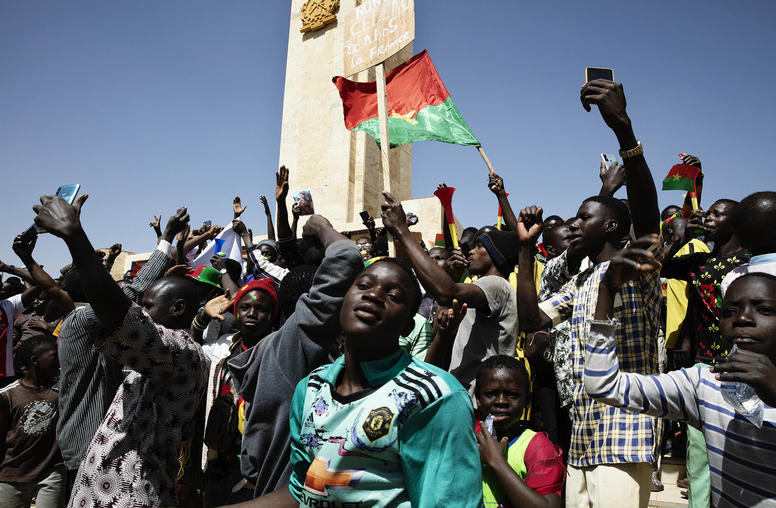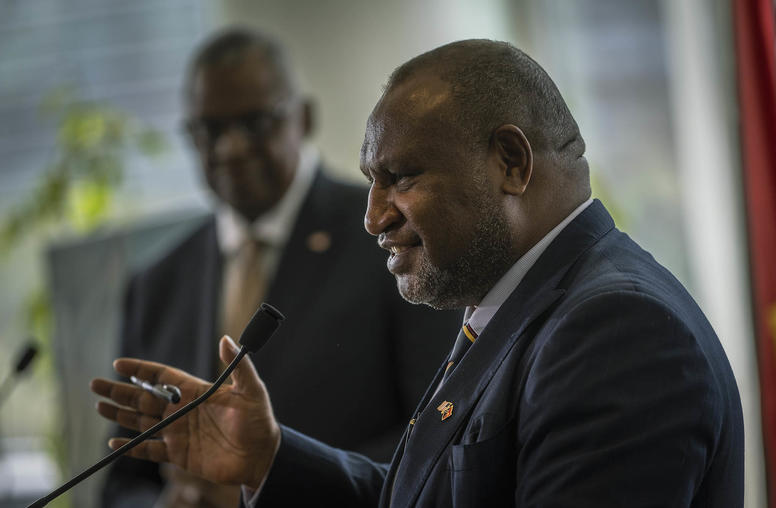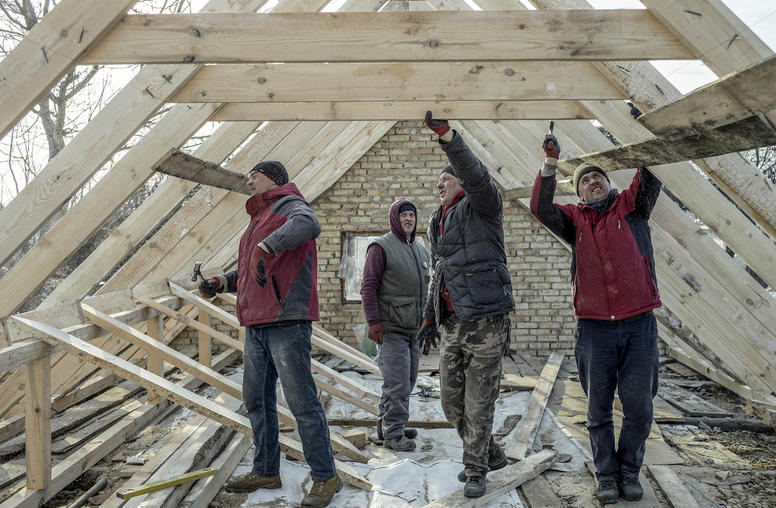Fragility and Resilience
U.S. Leadership and the Challenge of State Fragility Policy Briefs
The Fragility Study Group is an independent, non-partisan, effort of the Carnegie Endowment for International Peace, the Center for a New American Security and the United States Institute of Peace. The chair report of the study group, U.S. Leadership and the Challenge of State Fragility, was released on September 12. This brief is part of a series authored by scholars from the three institutions that build on the chair report to discuss the implications of fragility on existing U.S. tools, strategic interests and challenges.
Introduction
Resilience is the ability of a state and society to absorb, adapt, and transform in response to a shock or long-term stressor. A central feature of resilience is a strong social compact between the state and society on their respective and mutual roles and responsibilities. There are several constituent parts of a social compact. On the side of the state, it is the capacity to manage societal expectations, the ability to ensure basic provisions, and the management of state resources in ways that meet societal needs.2 Transactions between society and the state – the essence of the compact – take place through formal and informal institutional mechanisms that instill mutual trust and benefit, if executed equitably and fairly, and ensure a reservoir of confidence and source of stability during crises. The compact can also shape the norms and set the conditions for societal relations; government inclusivity inspires horizontal cohesion across society, helping to establish trusted frameworks and forums for group collaboration. Thus, a social compact is not only an agreement or a relationship, but a complex set of interactions and associations that act as an immune system, or resilience, to internal and external stress and shock.3
Experience shows that shocks and stressors have different impacts across geographies and groups. Certain states and societies are better able to with-stand them, while others tip into spirals of fragility and violence. Part of this is due to the targeted nature of the threat; for example, violent extremism often spreads through localized conflicts, with extremist groups manipulating local grievances to gain position and traction. The other part, however, is about resilience capacities. Social cohesion is a factor in determining how states and societies respond to shocks. Studies have shown that communities in Kenya, India, and Iraq that were able to resist violence, while their neighbors succumbed, had high levels of working trust built up through community associations (businesses, clubs, neighborhoods) that encouraged ethnic and religious groups to work together for the benefit of the collective whole.4 These associative relationships stopped retributive cycles of violence and provided avenues for crisis communication and negotiation. Adaptive leadership – characterized by leaders who clearly assess risk, engage constituents inclusively, and organize collectively in response to shocks – is also key, as are citizens who believe in their own collective efficacy, that is, their ability to act and change outcomes.5 Resilience, in many ways, is about tapping into these existing capacities to address the forces of fragility and doing this through innovation, adaptation, and learning.
Lauren Van Metre is a resiliency expert.



